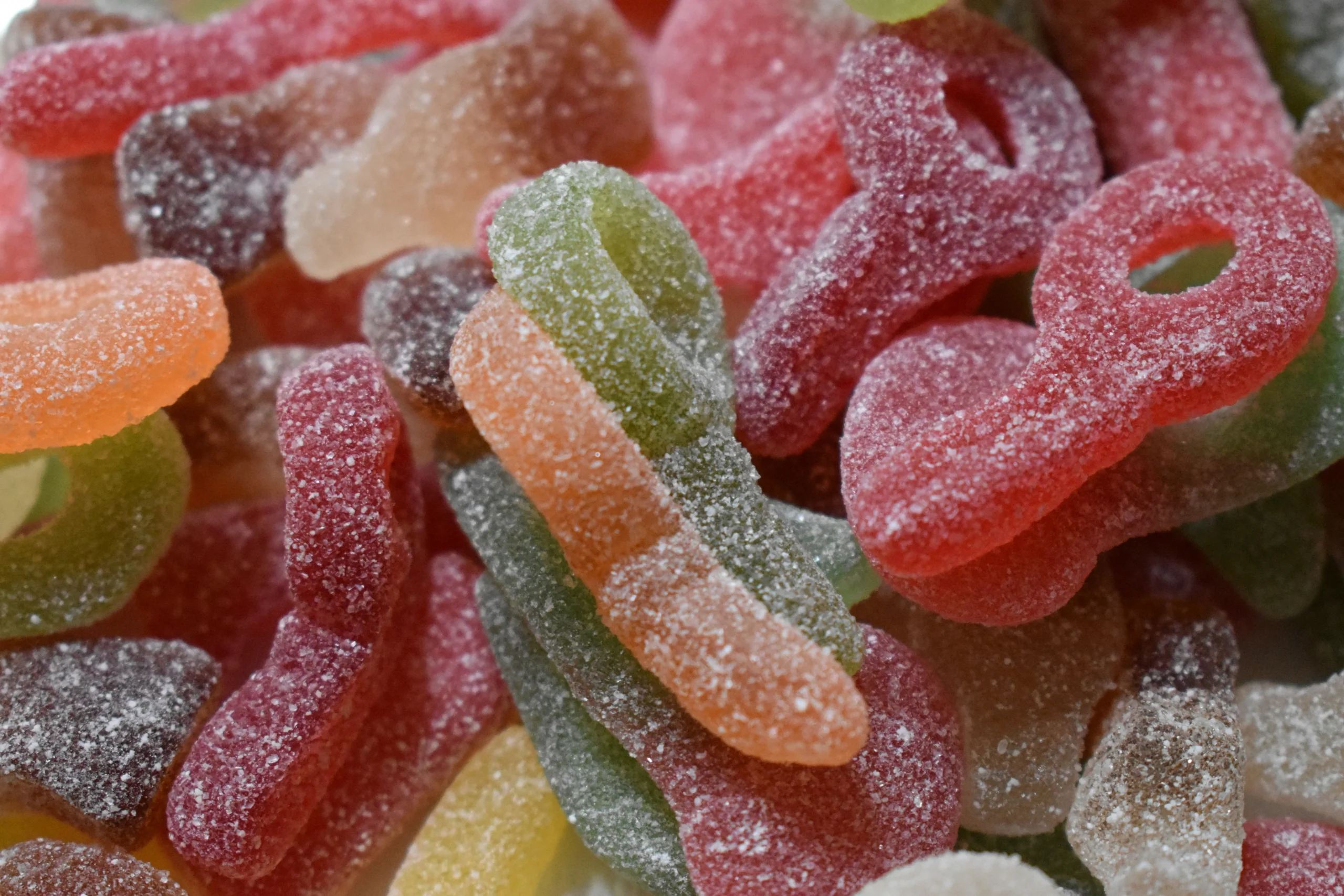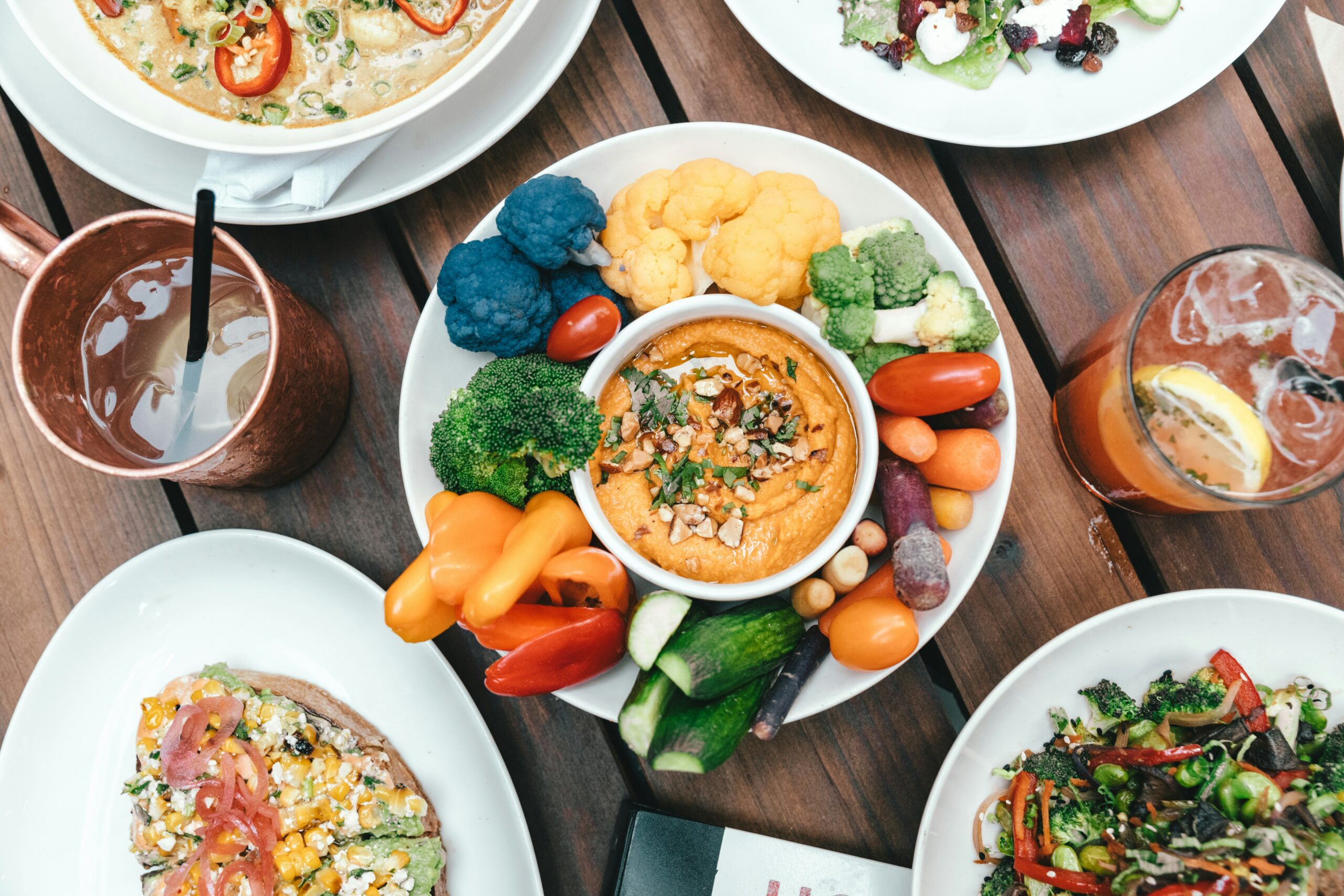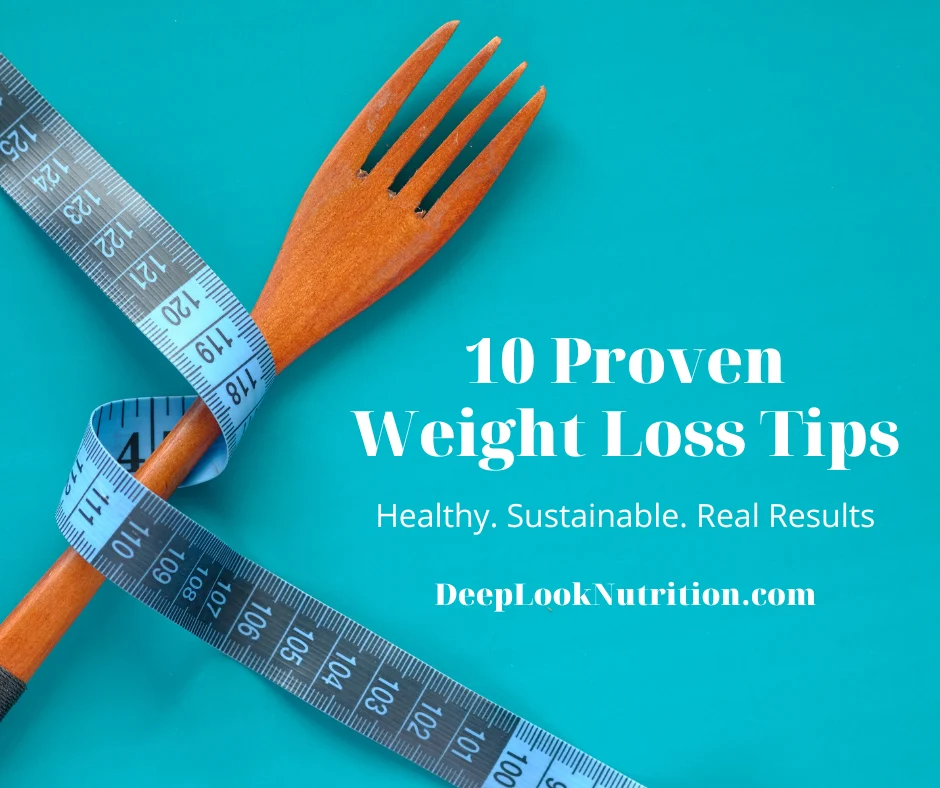Introduction
Sugar is everywhere—in sodas, processed foods, and even “healthy” snacks. Due to rising health concerns, many people switch to artificial sweeteners. But are they really better? This article explains the effects of sugar and sweeteners on your health, helping you make informed choices.
1. What is Sugar?
Sugar is a carbohydrate that provides energy. It occurs naturally in fruits, dairy, and vegetables, but is often added in high amounts to processed foods.
Types of Sugar:
- Natural Sugars – Found in fruits (fructose), milk (lactose), and vegetables.
- Added Sugars – Found in sodas, pastries, candy, and processed foods.
Common Forms of Added Sugar:
✅ Table sugar (sucrose)
✅ High fructose corn syrup (HFCS)
✅ Honey & maple syrup
✅ Molasses
⚠ Health Risks of Excess Sugar:
🚨 Weight gain & obesity
🚨 Higher risk of type 2 diabetes
🚨 Tooth decay & cavities
🚨 Heart disease & metabolic disorders
👉 Recommended Intake (AHA):
🔹 Women: Max 25g (6 tsp) per day
🔹 Men: Max 36g (9 tsp) per day
📖 Further Reading: Why Sugar is Addictive – Harvard Health
2. What Are Artificial Sweeteners?
Artificial sweeteners are sugar substitutes that add sweetness with little or no calories. They are widely used in diet sodas, sugar-free snacks, and diabetic-friendly foods.
Popular Artificial Sweeteners:
🟢 Aspartame – Found in Diet Coke, sugar-free gum.
🟢 Sucralose (Splenda) – Used in protein shakes, baked goods.
🟢 Saccharin – Found in Sweet’N Low, soft drinks.
🟢 Acesulfame-K – Used in sugar-free candies and desserts.
Are Artificial Sweeteners Safe?
✅ Pros:
✔ Fewer calories (helps with weight management).
✔ Diabetic-friendly (no blood sugar spikes).
✔ No impact on dental health (prevents cavities).
❌ Cons:
⚠ May disrupt gut bacteria and cause digestive issues.
⚠ Can trigger cravings and overeating.
⚠ Possible long-term risks (ongoing studies on cancer & metabolic disorders).
📖 Further Reading: Artificial Sweeteners & Health – Mayo Clinic
3. Natural Sweeteners – A Healthier Alternative?
If you want a natural alternative, consider these healthier options:
Best Natural Sweeteners:
🥥 Stevia – A zero-calorie plant-based sweetener.
🍯 Raw Honey – Contains antioxidants & antibacterial properties.
🍁 Pure Maple Syrup – Rich in zinc & manganese.
🌱 Coconut Sugar has a lower glycemic index than regular sugar.
🟠 Monk Fruit Extract – No calories, no blood sugar spike.
✅ These options are better than refined sugar but should be used in moderation.
4. Sugar vs. Artificial Sweeteners – Which is Better?
| Factor | Sugar 🧁 | Artificial Sweeteners 🥤 |
|---|---|---|
| Calories | High (4 cal per gram) | Low/Zero |
| Blood Sugar Impact | Spikes blood sugar | No spike |
| Cravings & Hunger | Increases cravings | May trigger cravings |
| Gut Health | Generally safe | May alter gut bacteria |
| Dental Health | Causes cavities | No cavities |
🔹 Best Choice? Balance is key! Consume natural sugars from whole foods and limit artificial sweeteners to avoid health risks.
5. Final Verdict: What Should You Choose?
1️⃣ Reduce added sugar – Choose natural sources like fruits.
2️⃣ Use natural sweeteners – Prefer Stevia, honey, or monk fruit.
3️⃣ Limit artificial sweeteners – Potential long-term effects remain unclear.
4️⃣ Read labels carefully – Hidden sugars are everywhere.
✨ The best strategy? Focus on whole, unprocessed foods to minimize added sweeteners.
📢 What’s Your Take?
Do you prefer artificial sweeteners or natural alternatives? Share your thoughts in the comments below!
📖 Related Article: The Truth About Sugar – Deep Look Nutrition



